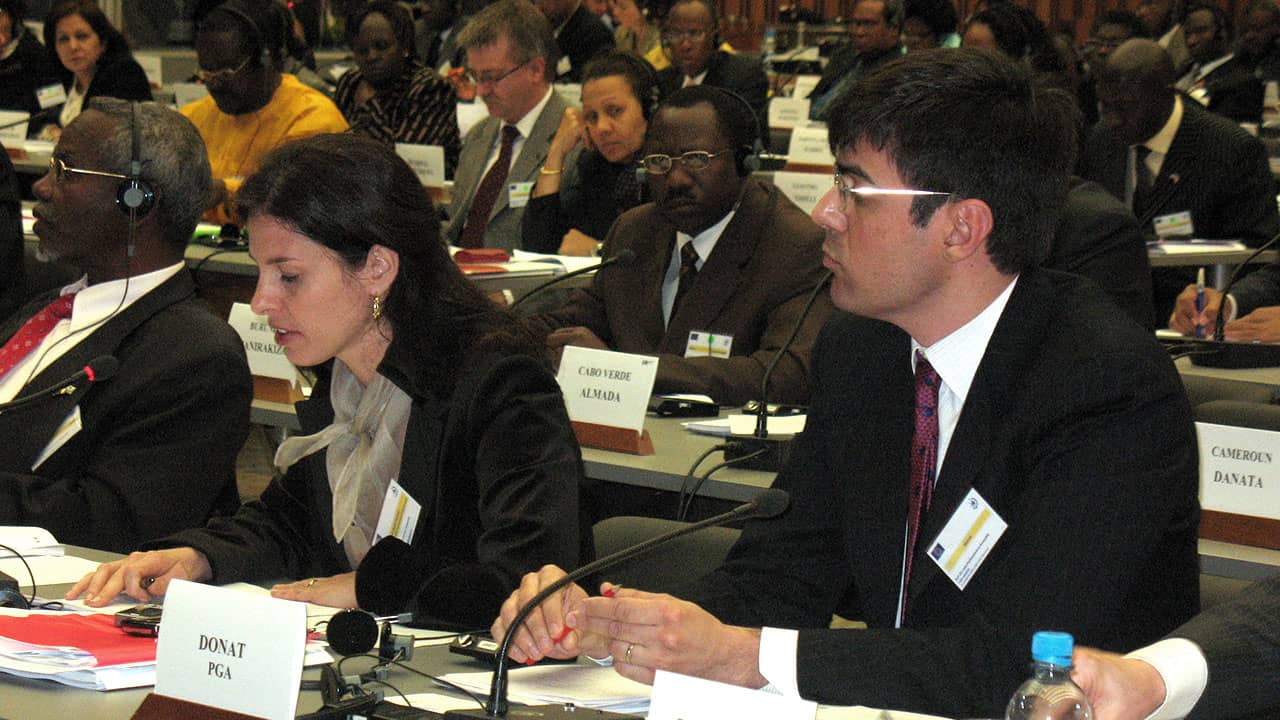Government type:
Parliamentary republic
Objectives:
-
Implementation of the Rome Statute provisions on cooperation with the ICC
-
Ratification of Kampala Amendments
-
Signing of Voluntary agreements on cooperation with the ICC
Status
-
Rome Statute: Ratified on 29 November 1999
-
APIC: not signed or acceded
-
Amendments to the RS: none
-
BNSA: Executive Agreement; Signed and entered into force 17 December 2003
-
Voluntary Agreements with the ICC: none
Status of Implementation of the Rome Statute
-
Complementarity: Enacted, but incomplete (Crimes Decree 44/2009). It incorporates the crimes of genocide and crimes against humanity into Fijian law. It empowers the Fijian Supreme Court to try any person in Fiji who is accused of such crimes, whether or not such crimes were committed in Fiji or had any effect in Fiji.
-
Missing provisions: War crimes (partially covered by the Geneva Conventions Promulgation of 2007 (Amended in 2009) and general principles
-
-
Cooperation: None
Background:
ASP
During the most recent statement during the 9th ASP session, the representative of Fiji, highlighted the importance of the outcome of the Review Conference in Kampala and called upon need for action on the declarations made, saying that "the momentum gained in Kampala gives hope to the positive development of international criminal law in combating impunity aid attaining justice and peace.". He continues by stating that it was "essential to fully implement the commitments regarding cooperation, complementarity and concern for the suffering of the victims and affected communities".
UPR
During the 2nd cycle of UPR review in 2014 (20th UPR sessions), Fiji accepted recommendations to fully align its national legislation with the Rome Statute of the International Criminal Court and ratify the Agreement on Privileges and Immunities of the Court.
Potential obstacles towards full implementation of the Rome Statute and ratification of the Kampala Amendments
The Executive Agreement on non- surrender concluded with the US could be a hindrance towards further implementation of provisions on cooperation with the ICC and ratification of the Kampala Amendments.








